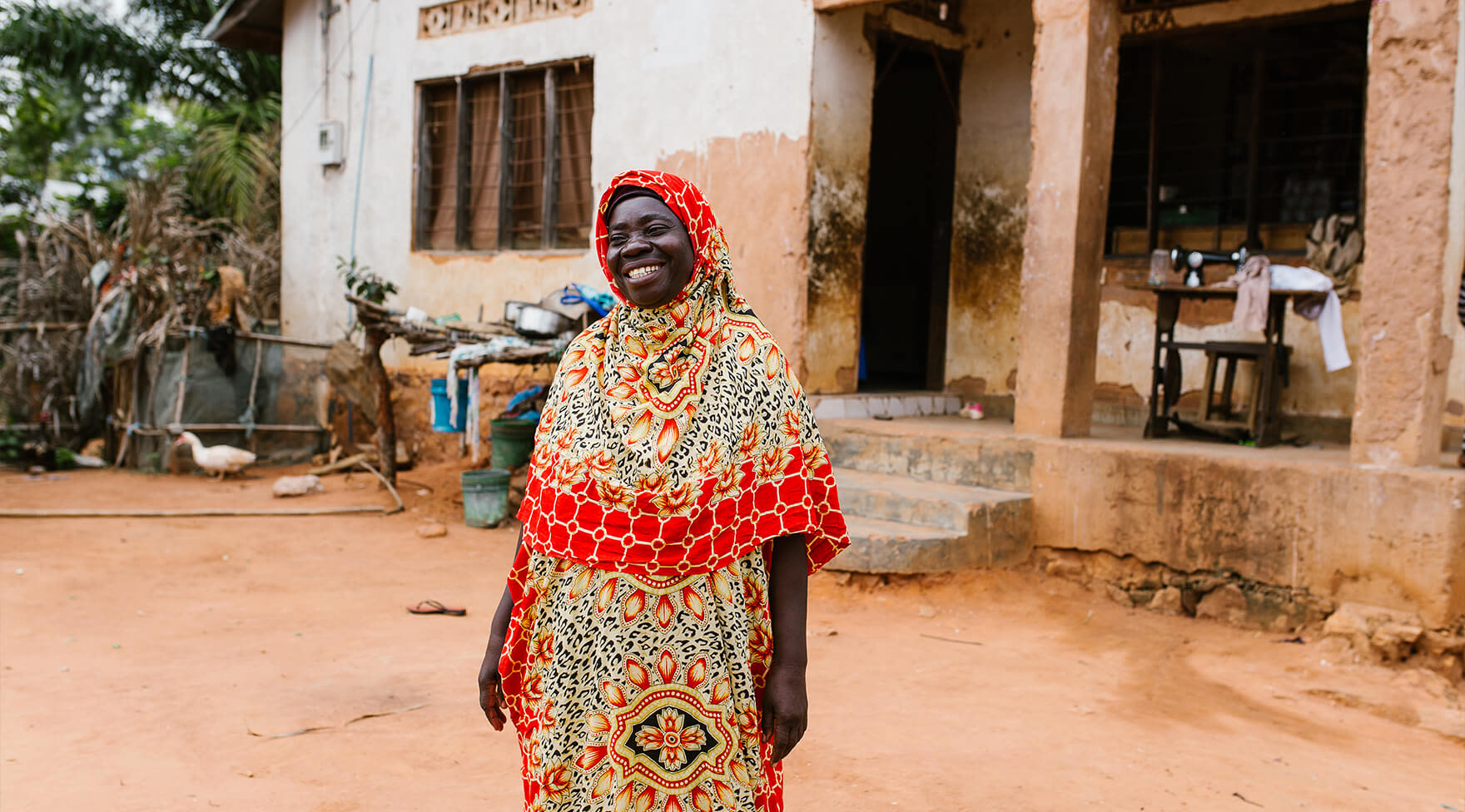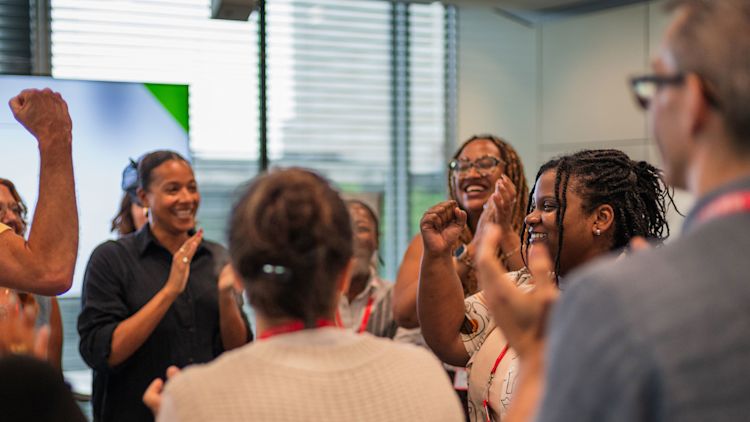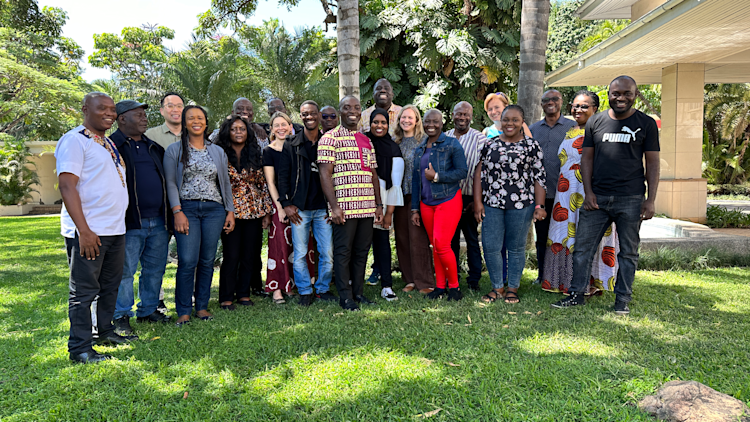
By Maya Sethi, Evaluation and Learning Manager
Organisations often tell us that they’d value coming together with other organisations like theirs, so they can learn from each other. Comic Relief has the privilege of supporting a wide range of incredible organisations, and we see it as our responsibility to use our position to make these opportunities happen for organisations we fund.
Over the years we have tried to respond to this desire to come together in various ways through workshops and collaborative learning studies. In the last five years we have started to think about this in more structured, ongoing and organisation-led ways through facilitating collective learning networks in some of our funding portfolios.
Through these networks partners are able to come together, share lessons learned, collaborate and improve their work and the knowledge and skills of staff, and the organisation overall by learning from each other. We are still learning which models work well to foster engagement, participation and learning in an organic way that is not defined by us and responds to what the organisations find important and useful.
In this post I’ll be talking about the successes of one of the most recent learning events which took place with The All In, All Learning! Tanzania Network in Tanzania in March 2019.
All In, All Learning!
For Red Nose Day 2015, Comic Relief and DFID partnered together to deliver the All In, All Learning! initiative, which funds work aiming to improve educational opportunities for the poorest and most disadvantaged in sub-Saharan Africa whilst building stronger and more inclusive education systems. The work focuses on four main target groups: children with disabilities, girls affected by sexual and gender-based violence, disadvantaged children of pre-primary age, and marginalised children. Part of each organisation’s grant included deliverables to facilitate collective learning.
Tanzania Learning Network
In Tanzania, 9 grants have been awarded under the All In, All Learning! initiative, and from the start there was an intention to set up a collective learning network to make the most of the common opportunities across these projects. The members of the network include both the lead grant-holders and their in-country partners. In March 2019 the network met in Dar es Salaam for a 2-day bi-annual meeting, attended by an impressive 27 people from 16 diverse organisations, including two of us from Comic Relief, Chibwe Henry DFID Partnership Manager for this initiative, and me the Monitoring, Evaluation and Learning Manager
Comic Relief doesn’t lead the network
While Comic Relief are behind the setting up of the network, we stay out of the organising and facilitation. The network is to facilitate grantee learning, not our own. The network is led by Tanzanian Civil Society Organisation, HakiElimu(opens in new window), who put together an action-packed agenda for the 2 days. Partners chose the topics they wanted to share with the group, giving space for them to talk about things that are important to them and to gain further understanding around key issues. This created a great space for plenty of in-depth and enthusiastic discussions, and there were clear exchanges of knowledge between the partners. Topics included evidence around social behaviour change, the child to child approach to inclusive education, online monitoring systems and participatory teaching and learning. Chibwe and I joined the meeting from a learning perspective and were keen to not stand out as the donor in the room – this is their space, not ours.
Improving understanding and space for discussion
The network provides a platform for the partners to increase their knowledge and creates spaces for discussion. External speakers from the National Bureau of Statistics in Tanzania were invited to speak about the recent Statistics Act of 2015 (amended in 2018) and the impact of this on civil society space. An area very relevant to everyone in the room. The speakers were able to un-pick the complicated policy and address many concerns and unanswered questions. A vibrant discussion followed with partners eager to ask questions and get further clarifications. This was a rare opportunity for many of the organisations present and they were very appreciative of HakiElimu for organising it as part of the meeting.
How has Collective Learning been Beneficial?
It was a privilege to be a part of this meeting and to see the benefits of collective learning networks unfold. The partners in the room identified the significance of the network for shared learning and they spoke of the value in being able to work together and to find synergies between organisations to strengthen each other’s work and learning.
Strengthening organisations and civil society
This meeting was further confirmation that investing in collective learning is highly valuable. It has been a great way of strengthening organisations through peer to peer exchanges. Additionally, the networking that it enables allows for stronger partnerships within countries which helps to strengthen civil society spaces. As the participating organisations range from small local Civil Society Organisations to larger International NGOs, this also offers a rare space to draw on their diverse experiences and knowledge from the grassroots to national level operations.
Shifting the power has helped learning
Through shifting the power and ensuring the direction of the network is held by the organisations themselves, the learning process is evidently more organic than if it were to be a rigid and funder-driven extractive process. Having the power to set the agenda and topics allowed partners to ensure that the learning was directly relevant to their interests and needs, making it much more meaningful and relevant to their work. By shifting the power to the organisations involved in delivering the grants, we have offered a productive space for discussion and learning which is owned by the organisations themselves.
In attending this meeting I was able to further understand the strengths and weaknesses of this model, which will feed into wider Comic Relief learning around what we see as a responsibility to facilitate appropriate connections and learnings across the projects and organisations we fund. It was clear that in Tanzania the All In, All Learning! Network has been highly valuable and welcomed by grantees, and is a great indication of a way in which Comic Relief can facilitate learning processes and contribute to change in strengthening organisations and networks.
Want to read more insights from our funding?


